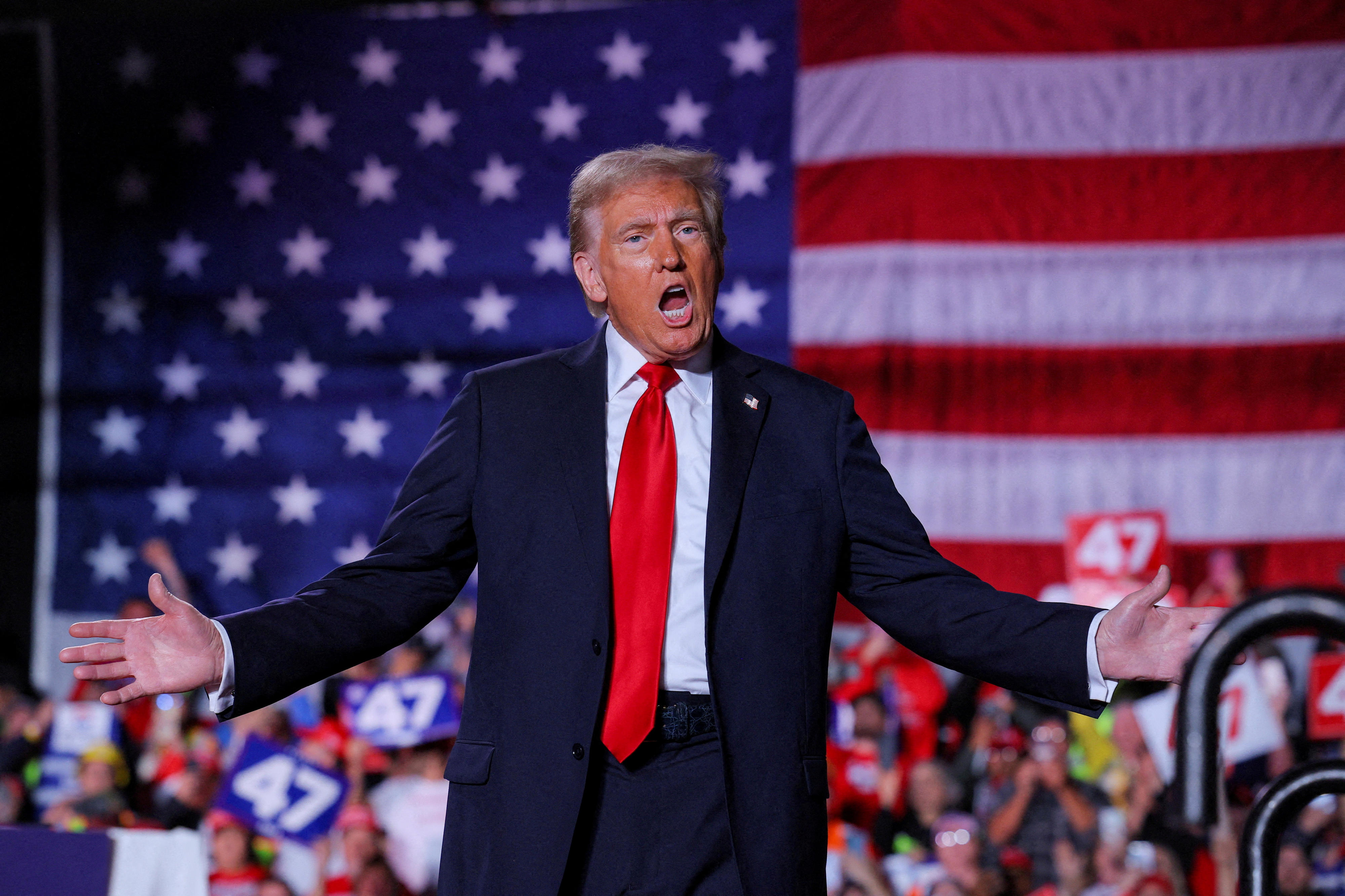Prime
President gives boost to Monitor

Prof Timothy Wangusa
What you need to know:
- But if it is an enemy for real, whose enemy is it? Or what is it an enemy of?
In his presidential address to the nation on Ebola outbreak and other matters on Wednesday, September, 28, President Museveni made apparently well-calculated reference to Monitor newspaper in a tone and terminology that are bound to curiously boost the paper’s sales with immediate effect! “…Ah, Monitor, Monitor, Monitor,” intoned His Excellency, “it’s an enemy…”
Just a minute! – Monitor an enemy, and not Ebola? (My brain went into a spin, as it occasionally does, when my ears catch strange utterances.) And why is Monitor an enemy? His Excellency’s answer: it published wrong, cooked-up and inflated figures of the latest Ebola patients and deaths. And what category of crime is this slip of the pen or lapse of the adding machine?
But, of course, the main point of the presidential address was not Monitor Publications but the Ebola outbreak in the country. And the President’s message was clear: bad news as the disease is, it will be contained by our competent medical staff with the diligent co-operation of the patients, and the government is not going to declare a lockdown.
However, in spite of the President’s main subject of the evening being Ebola, it was what he mentioned in passing, in some sort of an aside, it was his declaration of Monitor as an enemy that was newsworthy! Newsworthy because not only was it a startling pronouncement but it proceeded from the nation’s ‘fountain of honour’ with a sense of finality. It all sounded like an announcement of indisputable research findings following a painstaking research process around a well-articulated research problem of ample human, scientific or technological relevance and a clearly defined objective - as perhaps that of establishing the true nature of one of the country’s English dailies that appears to be ethically and ideologically and politically questionable or bogus.
Seen in terms of professional verbal communication or rhetoric, when – intentionally or unintentionally – an apparently minor item gains more prominence, or gets more emphasis, or gets more attention than the major item in that same context, this is stylistically one of the possible achievements of ‘parenthesis’. Our illustration here is when Monitor (which was mentioned by the President seemingly as an impromptu digression and in kind of parenthesis or between brackets, as it were) ended up making the news of the evening rather than the news being made by one of his predictable statements on Ebola, Parish Development Model (PDM), Emyooga, etc.
Or was Monitor’s being described as an enemy a purely hypothetical allegation from on high? But if it is an enemy for real, whose enemy is it? Or what is it an enemy of? ‘He’, ‘she’, or ‘it’ was not stated, but was only implied. (And so my brain continued spinning.) Ah, maybe an enemy of the establishment, or the truth, or the gods!
But my reading of the times is that the paper cannot be an enemy of the gods, and demonstrably it cannot be an enemy of the truth. On the contrary, to me the paper reads like a champion of the truth; and, therefore, in the course of championing the truth, its most likely enemy is bound to be the political establishment.
Or could the paper be ‘an enemy of the people’? Coincidentally, in a classic stage drama by this very title, An Enemy of the People (1882) by the famous Norwegian playwright Henrik Ibsen (1828-1906), what the political establishment denounces as an enemy of the people is a dedicated medical doctor of proven integrity.
Dr Thomas Stockmann is responsible for inspecting the public baths on which the prosperity of his native town depends. He finds the water to be contaminated; and when he refuses to be silenced, he is declared ‘an enemy of the people’ by the corrupt political establishment.
History is indeed full of champions of the truth – such as Socrates (d. 399 BC), Galileo (1564-1642) and Jesus – who were killed or ostracised by powerful oligarchies of the day.
Prof Timothy Wangusa is a poet and novelist.




